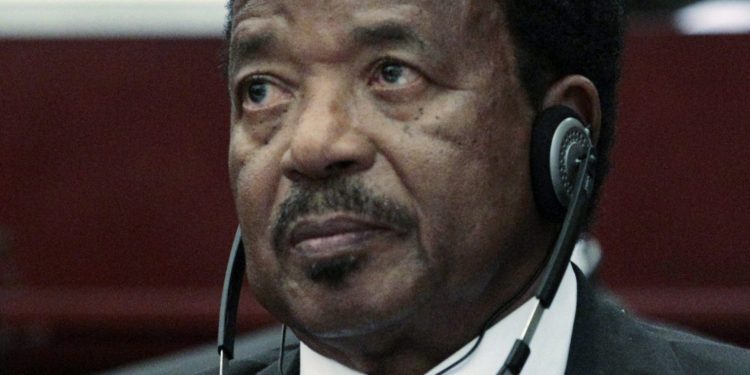Today marks a significant milestone in Cameroon’s political history: the 20th anniversary of President Paul Biya’s bold declaration that left many wondering about the future. On June 9, 2004, amid swirling rumours of his death in Switzerland, President Biya confidently addressed his critics and detractors upon his arrival at Nsimalen Airport. “People are interested in my funeral, I give them an appointment in 20 years,” he proclaimed.
For two decades, Cameroonians and international observers alike have awaited this day, speculating on what it might signify for the long-serving leader and the country. The date has become a symbol of Biya’s resilience and his ability to defy both political and personal adversities.
As the nation reflects on this period, several key questions emerge: What has changed since that fateful day in 2004? How has President Biya shaped the political landscape of Cameroon over the past 20 years? And crucially, what lies ahead?
Since his 2004 pronouncement, President Biya has continued to wield significant influence over Cameroonian politics. His tenure has seen numerous elections, economic challenges, and ongoing conflicts in the Anglophone regions. Yet, his grip on power remains firm, with supporters praising his stability and detractors criticising his longevity in office.
Now, with the 20-year mark reached, attention turns to the future. President Biya, who is 91 years old, has yet to announce any plans for retirement. Speculation is rife about whether he will set a new milestone or if this juncture will herald a new era in Cameroonian politics.
The emergence of Cameroon is set for 2035, with presidential elections also scheduled for 2025. President Paul Biya will be 92 years old by the next election. Questions like “Will 2035 serve as the next significant target in President Biya’s political journey, or will 2025 mark a turning point for new leadership?” remain. For now, only time will tell.



